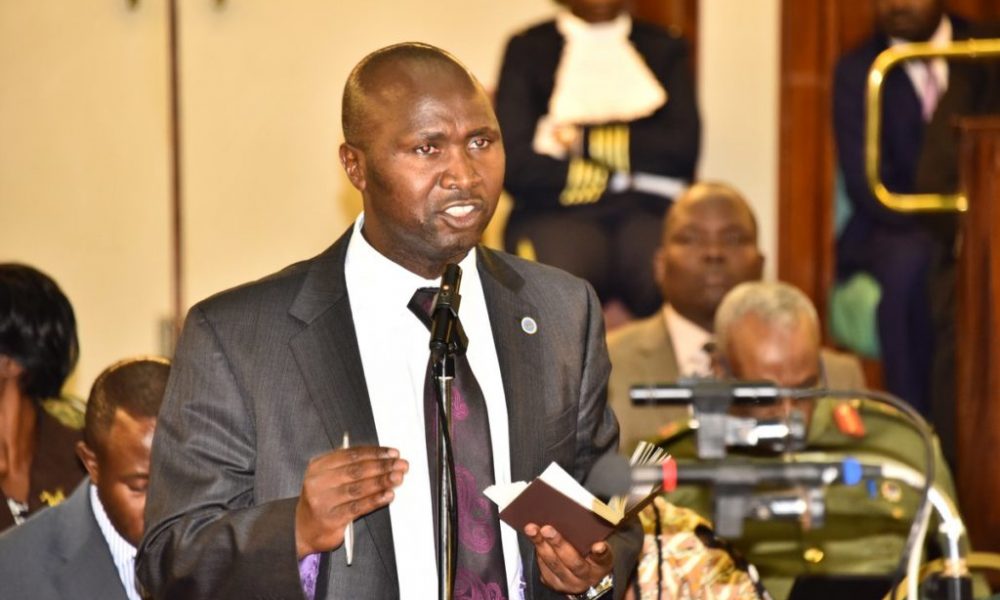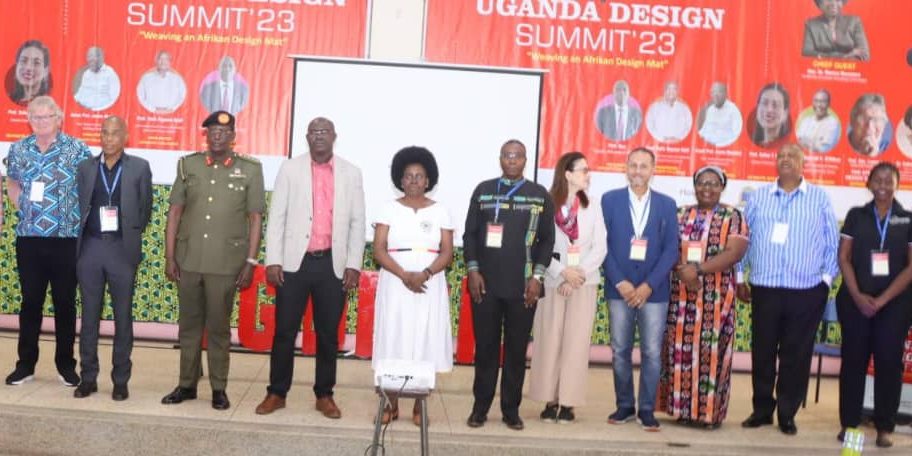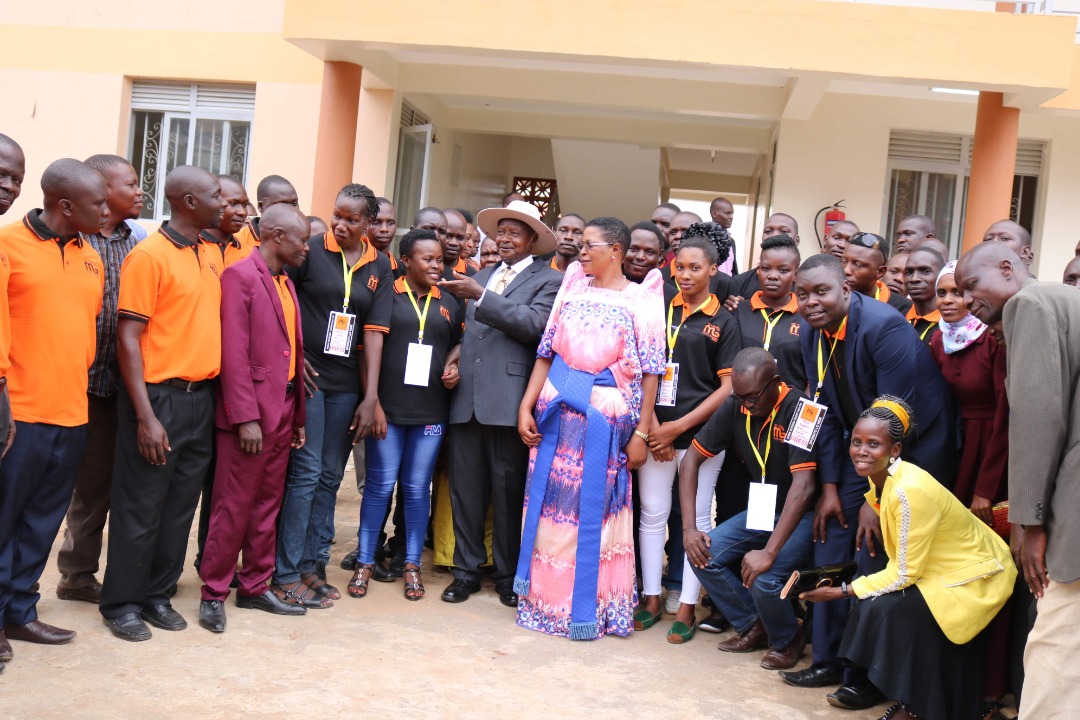Theodore Ssekikuubo, the Member of Parliament for Lwemiyaga County, has launched a blistering attack on the integrity of Parliament amidst mounting allegations of corruption and abuse of office. Ssekikuubo’s call for urgent action comes amidst a wave of public outrage over revelations of misconduct among parliamentary officials.
Expressing his dismay, Ssekikuubo lamented the tarnished reputation of Members of Parliament (MPs), asserting that they now live in fear of public scrutiny. He emphasized the dire state of affairs, highlighting the reluctance of MPs to be identified as such in public. “We can’t now walk with our heads high on the streets of Kampala, we smuggle ourselves and bold out. It is not now the best time to be identified as MPs. We are all bundled up, nobody is giving answers,” Ssekikuubo declared.
One of the primary issues of concern raised by Ssekikuubo revolves around the alleged misappropriation of funds by members of the Parliamentary Commission under the guise of ‘Service Awards’. He condemned the opacity surrounding these transactions, noting that several commissioners have gone into hiding in light of the public outcry. “Even the Commissioners themselves are in hiding. We are here, we are loitering around corridors of Parliament, we can’t see anybody. These are very disturbing issues and we are calling on the Speaker, Deputy Speaker and the Clerk to live up to their calling to restore Parliament. Parliament is being run down,” Ssekikuubo asserted.
Furthermore, Ssekikuubo criticized the absence of effective leadership within Parliament, citing the disarray among the Speaker, Deputy Speaker, and the Clerk. He cautioned against exploiting this vacuum for personal gain and urged parliamentary officials to fulfill their duties diligently.
In response to the allegations, the Clerk to Parliament, Adolf Mwesige, attempted to justify the controversial service award granted to the former Leader of the Opposition in Parliament, Mathias Mpuuga. Mwesige defended the legality of the payment, labeling it as a token of appreciation (‘akasiimo’). He invoked parliamentary regulations to justify the decision, arguing that the Parliamentary Commission has the authority to determine benefits and allowances for MPs.
However, Mwesige’s explanation failed to address the fundamental issue of transparency and accountability. Critics, including Ssekikuubo, questioned the selective application of these awards and highlighted the lack of precedent for such payments to previous leaders of the opposition. Mwesige’s comparison to historical amendments in parliamentary benefits did little to assuage concerns regarding the misuse of public funds.
The ongoing controversy underscores the urgent need for parliamentary reform and greater accountability measures. Ssekikuubo’s impassioned plea for transparency serves as a stark reminder of the responsibility entrusted to parliamentary officials and the imperative of restoring public trust in the institution.



















